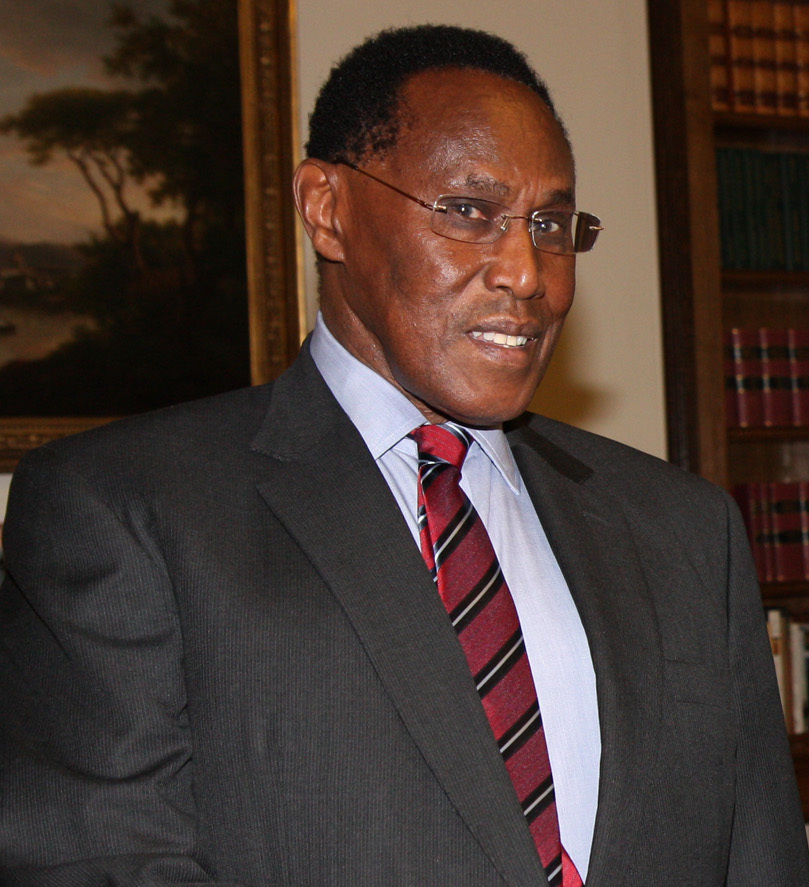Saitoti, George
Enlarge text Shrink text- LCN
George Musengi Saitoti, E.G.H. (3 August 1945 – 10 June 2012) was a Kenyan politician, businessman and American- and British-trained economist, mathematician and development policy thinker. As a mathematician, Saitoti served as Head of the Mathematics Department at the University of Nairobi, pioneered the founding of the African Mathematical Union and served as its vice-president from 1976 to 1979. As an economist, Saitoti served as the Executive Chairman of the World Bank and the International Monetary Fund (IMF) in 1990–91, and as President of the African Caribbean and Pacific (ACP) Group of States in 1999–2000, at the crucial phase of re-negotiating the new development partnership agreement to replace the expired Lomé Convention between the ACP bloc and the European Union (EU). His book The Challenges of Economic and Institutional Reforms in Africa influenced practical policy directions on an array of areas during the turbulent 1980s and 1990s. Saitoti joined politics as a nominated Member of Parliament and Minister for Finance in 1983, rising to become Kenya's longest-serving Vice-President, a proficient Minister for education, Internal Security and Provincial Administration and Foreign Affairs. Few recognise him as a "reformist", but his recommendations as the Chair of the KANU Review Committee, popularly known as the "Saitoti Committee" in 1990–91, opened KANU to internal changes and set the stage for the repeal of Section 2A and Kenya's return to pluralist democracy. Saitoti left KANU and joined the opposition, becoming a kingpin figure in the negotiations that led to the "NARC Revolution" in 2002. As Minister for Internal Security and Provincial Administration, Acting Minister for Foreign Affairs and key member of the National Security Advisory Committee (NSAC), he later worked closely with the national Ministry of Defence to see through the Operation Linda Nchi against the Al-Shabaab insurgent group. In addition, rival factions had for decades invoked the infamous Goldenberg fraud to knock Saitoti out of politics, but the legal courts cleared him of the scandal in July 2006. Saitoti's dual heritage as a Maasai with Kikuyu family members predisposed him to a pan-Kenyan vision, but also denied him a strong ethnic base unlike his competitors. Saitoti was running as a candidate to succeed President Mwai Kibaki when he died in a helicopter crash in 2012.
Read more on Wikipedia >
 Personality
Personality


.jpg)


